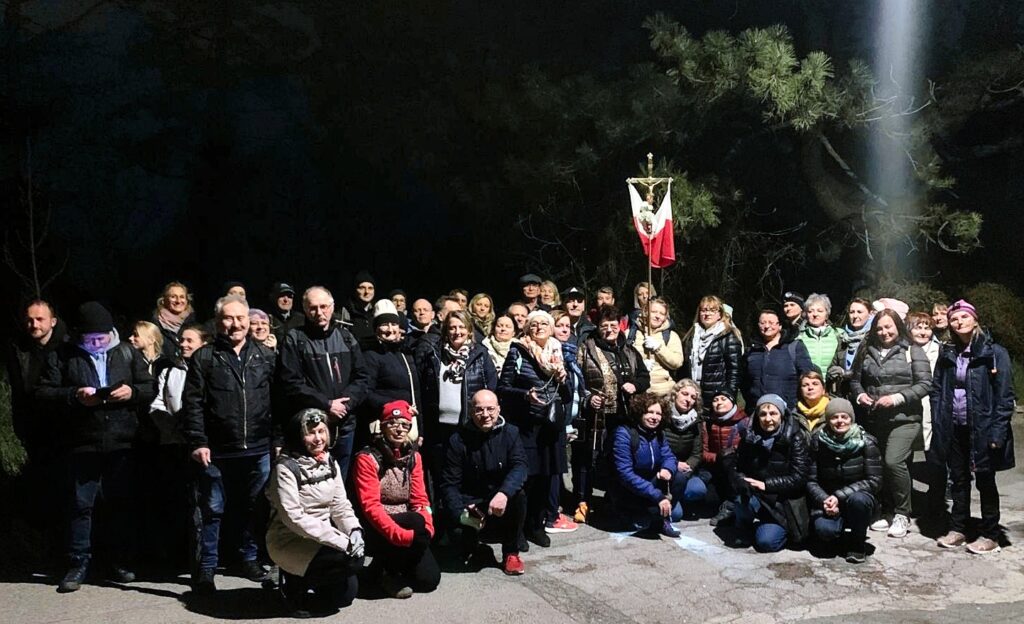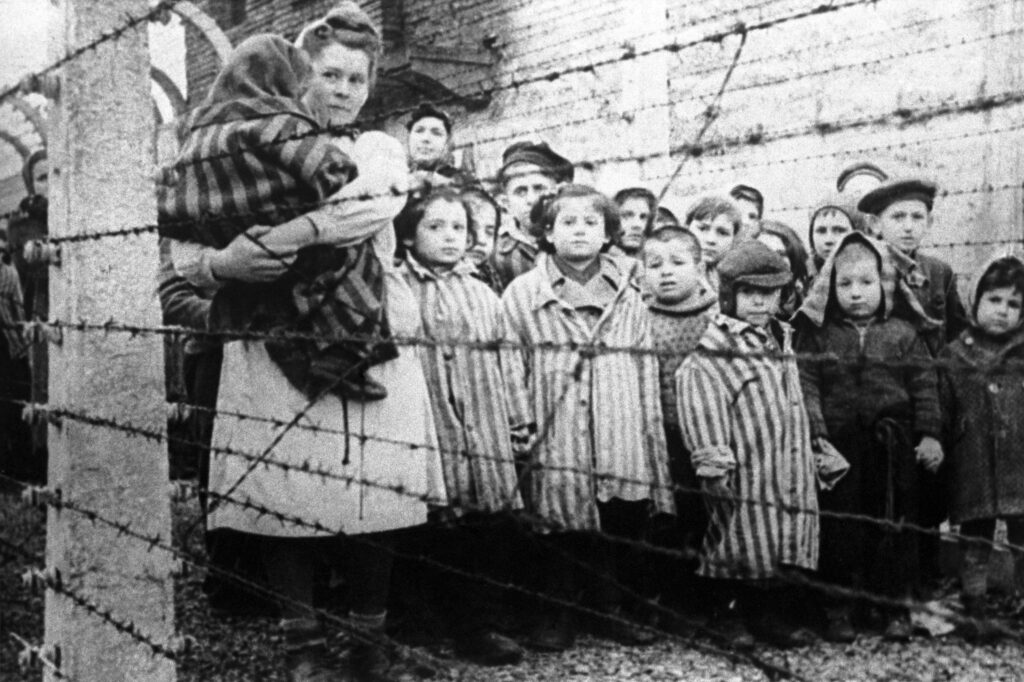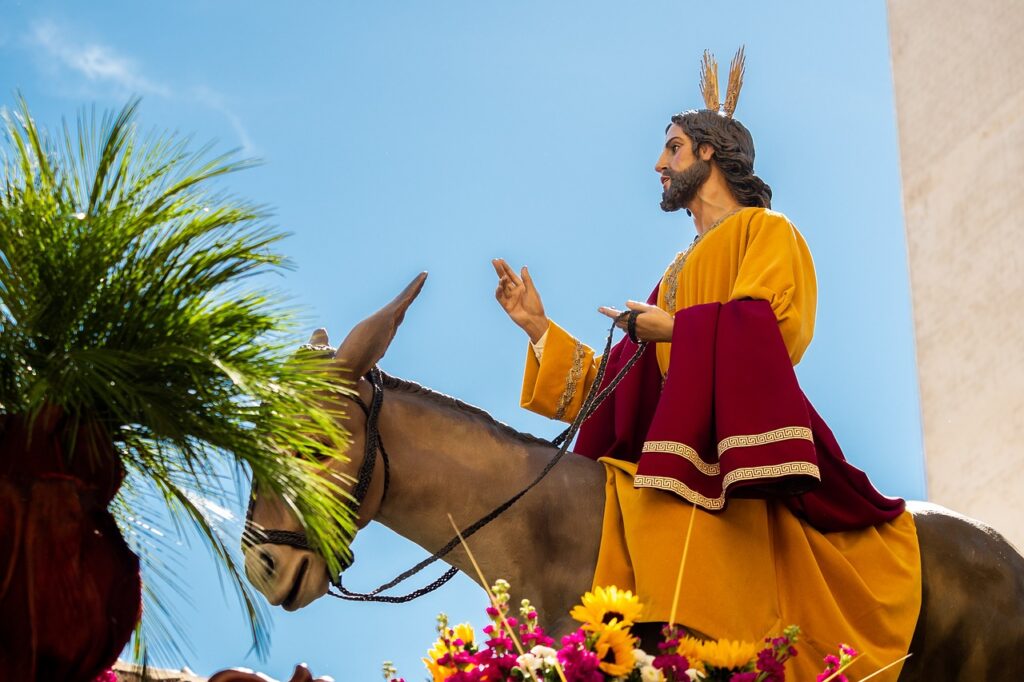Reflection by Monsignor Enrique Díaz: Confident in your word
V Ordinary Sunday

Monsignor Enrique Díaz Díaz shares with the readers of Exaudi his reflection on the Gospel of this Sunday, February 9, 2025, entitled: “Confident in your word”
***
Isaiah 6, 1-2. 3-8: “Here I am, Lord, send me”
Psalm 137: “When we called upon you, Lord, you heard us”
I Corinthians 15, 1-11: “This is what we have preached and what you have believed”
Saint Luke 5, 1-11: “Leaving everything, they followed him”
There are those who, faced with crises, feel lost and choose to flee, conformism or apathy. Some become strong and, recognizing themselves as weak, gain strength, not from their weakness, but from the great mercy that God has for us and from the unconditional and infinite love that Jesus has shown for each one of us. The three readings of this day speak to us of a call, a vocation, an invitation to build a new world. And all three emphasize that every call from God is free, it is a gift that God has given without our merit: He calls Isaiah to be the singer of his mercy, his justice and his glory; he surprises Paul by sending him to take the Gospel in new directions never imagined; and he changes the course of Peter’s boat and turns him into a fisher of men.
Saint Luke tells us of this profound experience of the disciples, who have had an encounter and a call so strong that it completely changes their lives. The presence of Jesus in the lives of his new companions is striking. This is especially evident in Peter’s words: “Go away from me, Lord, for I am a sinner!” or in the expression that describes all the disciples: “They were filled with amazement,” and also in the drastic consequences of this encounter: “leaving everything, they followed him.” Perhaps what St. Luke narrates seems so extraordinary to us that we think that it must have really happened over a long period of time that allowed them to get to know Jesus better and to go deeper into this whole experience. It is true, but we have to realize that in people’s lives, almost always, there is a fact, an event, that impacts the interior and from which a profound change begins. Today, St. Luke shows us this in the life of the disciples.
The entire liturgy focuses us on a single theme: vocation, because the three readings propose a call that transforms. Often, when we say “vocation,” we have focused it on the plane of religious and priestly life, but God’s call has a much broader horizon. The call is a proposal from God to every man and woman and expects a sincere response from each one. The forms will be very diverse, but the one who calls and the purpose for which he calls us will be unique: to participate and make all men participate in full life. The task is enormous, but also the illusion and the love that drive us will be great. Between the call and the mission, there always appears the free response of the man who adheres to this project. Thus, Isaiah, after having been touched on his lips and in his heart, answers with courage: “Here I am, Lord, send me.”
This is also how St. Paul is presented to us, who, although he considers himself an abortive and unworthy of being called an apostle, gives himself completely to his vocation of being a witness of Jesus. And today each one of us also receives this invitation to participate in Jesus’ dream. It is a strong call, an urgent call, before a society that trembles and shakes, that is discouraged because it has failed in its efforts in the middle of the night and no longer has the courage or the illusion that drives it to try again. Those who are secure prefer not to leave the shore. They are not willing to take risks by trusting in the word of Jesus; they prefer their security, their wealth and their comfort.
Our humanity is on the tightrope. It seems that a small trigger is enough for everything to collapse and, what is saddest, there is a feeling of helplessness and pessimism that leads to indifference and fatalism. In the face of the failure of economic and social proposals, there are no ways to help build a better world. Of course, everything has been based on economics, on trade, on ambition. Christ today proposes a new solution: people. Not starting from money, or power, or ambition, but starting from what is essential: the value and dignity of people and of the community. Being a fisher of men today means participating in all the enterprises that want to avoid their perdition and destruction. Being a fisher of men commits to the search for greater equality, for a more stable peace, for a total change in the values that move society. Being a fisher of men is to build a new world with the little ones. We will never be able to call ourselves disciples of Jesus if we remain outside or indifferent to these movements of salvation and liberation. We will not be his followers if we are content with working a little in the morning. Likewise, we need to work ourselves to death all night and, after having failed again and again, to have enough courage and hope to put out into the deep and cast our nets again. The only way to show God’s love is by sharing this love with all people. Yes, today, like Peter, we need to shake off our shackles and cast our nets again, “trusting only in his word.”
How have we felt the call of Jesus? What are the failures that bind us and limit us in building a new society? What are we afraid of? What does it mean for us these days to be “fishers of men”? How much do we trust in the Word of Jesus?
Lord, may your tireless love always care for and protect these children of yours, who have placed all their hope in your Word. May failure never lead us to stop fighting, and may the Resurrection of your Son be the example and model of our entire life. Amen.
Related

The Vatican Suppresses the Sodalitium of Christian Life After a Long Discernment Process
Exaudi Staff
15 April, 2025
1 min

From Kahlenberg to the Papal Cross – Polish Night Way of the Cross in Vienna
Heschel Centre for Catholic-Jewish Relations at the Catholic University of Lublin
15 April, 2025
2 min

“I Will Never Be Herod for the Innocents”
Wlodzimierz Redzioch
14 April, 2025
6 min

Reflection by Bishop Enrique Díaz: On a Donkey
Enrique Díaz
13 April, 2025
5 min
 (EN)
(EN)
 (ES)
(ES)
 (IT)
(IT)

